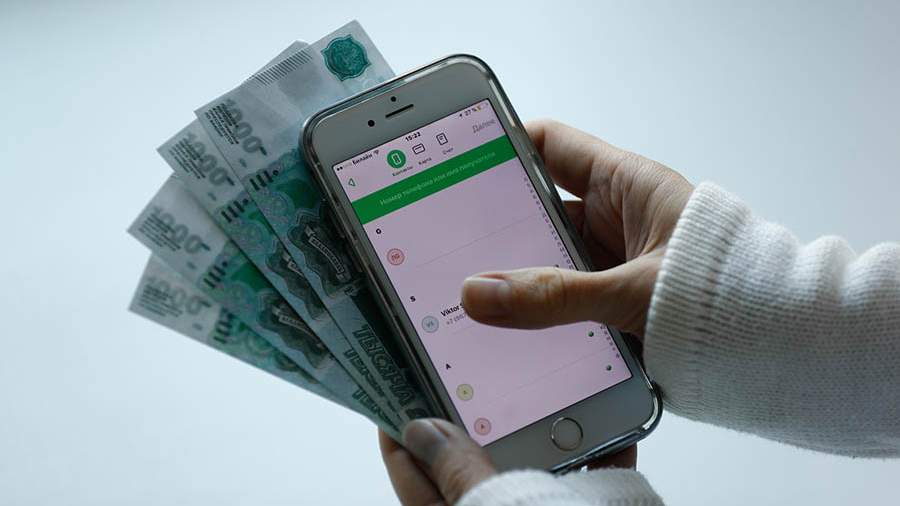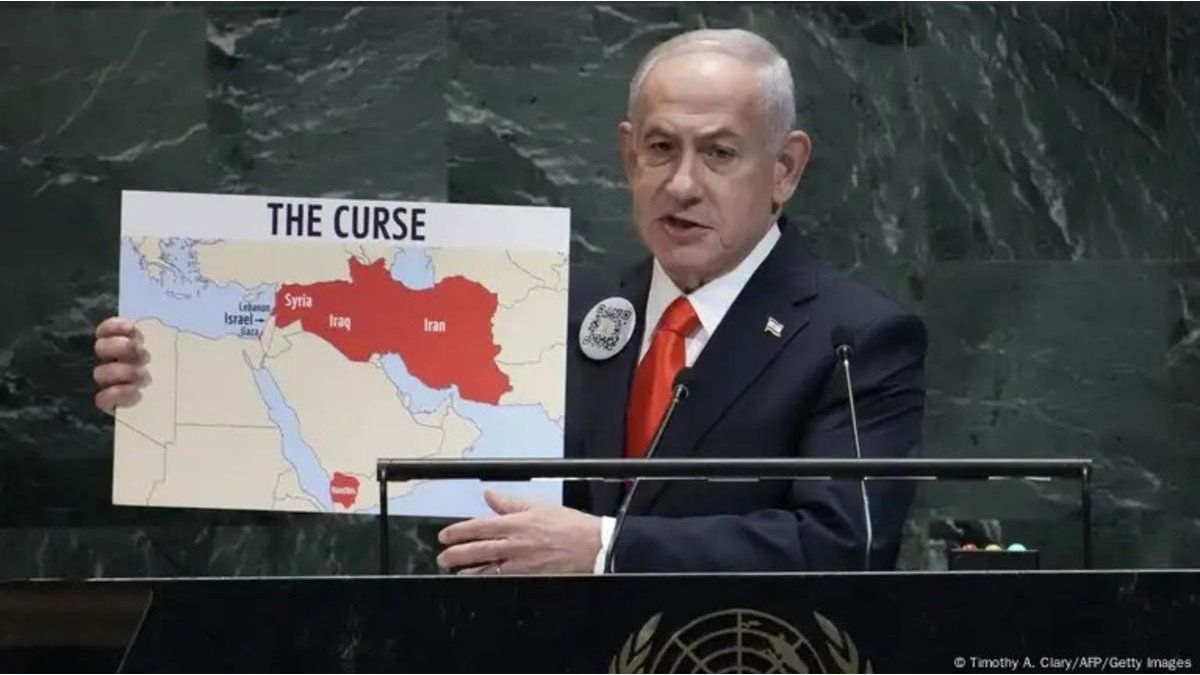The State Duma will prepare amendments to anti-money laundering law 115-FZ by January 2022, with the help of which they will propose to supplement the list of dubious clients with droppers – citizens and companies to whose accounts money stolen from banks is withdrawn. This was stated by Anatoly Aksakov, chairman of the Duma committee on the financial market, Kommersant writes.
Aksakov said that the register of participants in questionable transactions may appear on the Know Your Client (KYC) platform, which will be available to banks as part of the Central Bank’s anti-money laundering platform. He noted that it is planned to inform the persons included in the register that they can transfer funds only with a personal visit to the department with a passport.
In unofficial comments, information security experts told the newspaper that they already had information about the droppers. RTM Group CEO Evgeny Tsarev said that this information is collected by the Bank of Russia through FinCERT and the creation of another register would lead to confusion.
Irina Rodriguez, Chair of the AML / CFT Committee of the Association of Russian Banks, believes that it is necessary to work out the procedure and legal basis for the register of droppers. According to her, it is important that the identifiers are as unambiguous as possible and include not only the full name.
The regulator began testing ZSK on December 14th. The bill on the implementation of the platform was adopted in the third reading on December 9. Piloting should last until March 2022. It is impossible to launch the platform into commercial operation, since the bill regulating it has not yet been adopted.
As Izvestia found out back in November, 40 banks will take part in the project. With the help of the system, the bank will not be able to independently analyze each client, but use the information of the Central Bank, which will divide clients according to the principle of traffic lights into three groups according to the degree of risk.
As Efim Kazantsev, a member of the commission on legal support of the digital economy of the Moscow branch of the Russian Association of Lawyers, told Izvestia, banks would like to absolve themselves of responsibility for blocking accounts or refusing to open them, but the regulator is in no hurry to do this. He noted that it is necessary to finalize the mechanism for reviewing the decision to classify a legal entity as a high-risk group.
Alexei Mishin, a member of the general council of Delovaya Rossiya, also drew attention to the absence of a compensation mechanism for persons rehabilitated from the red zone or entered there by mistake.
Source: IZ
Jane Stock is a technology author, who has written for 24 Hours World. She writes about the latest in technology news and trends, and is always on the lookout for new and innovative ways to improve his audience’s experience.




